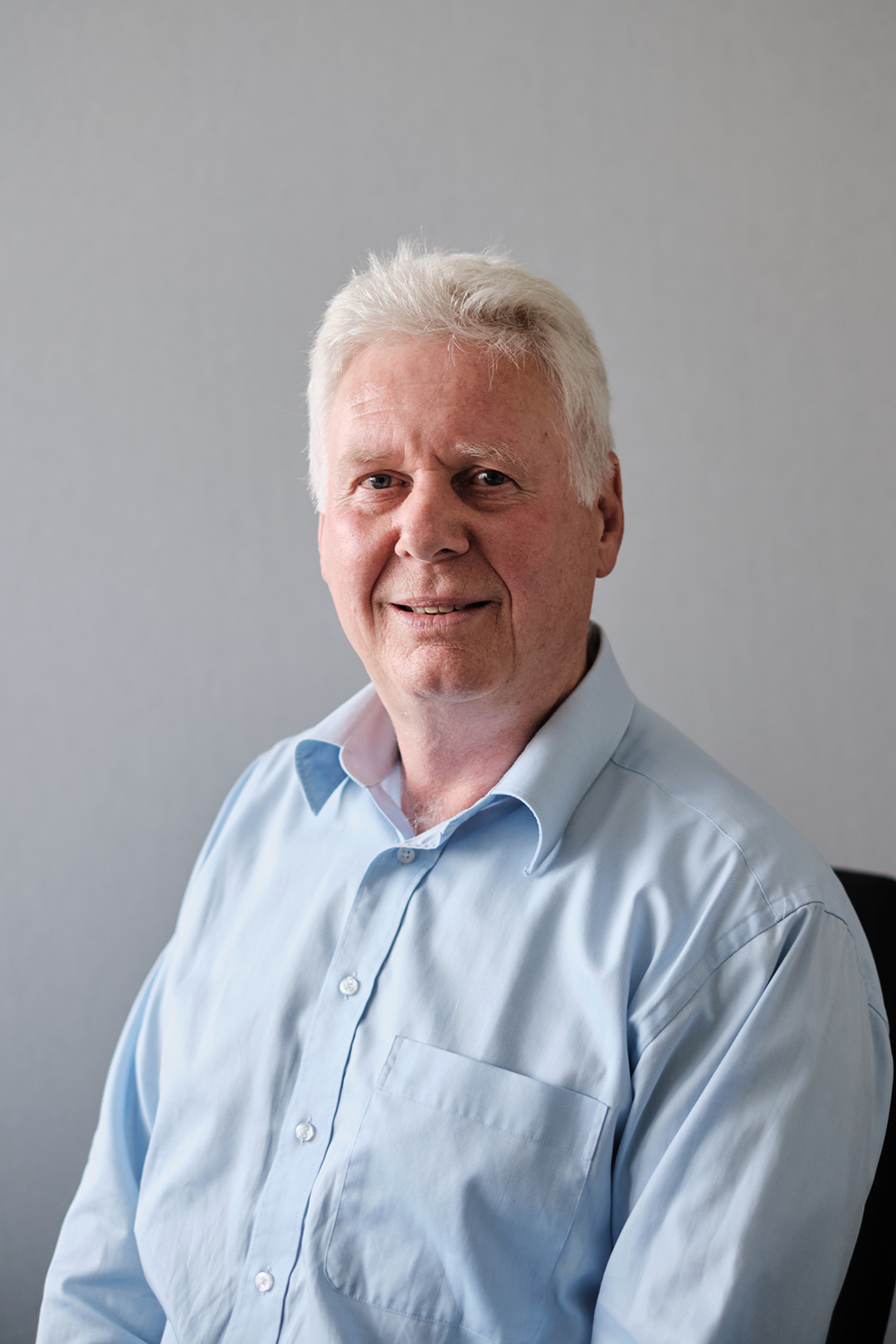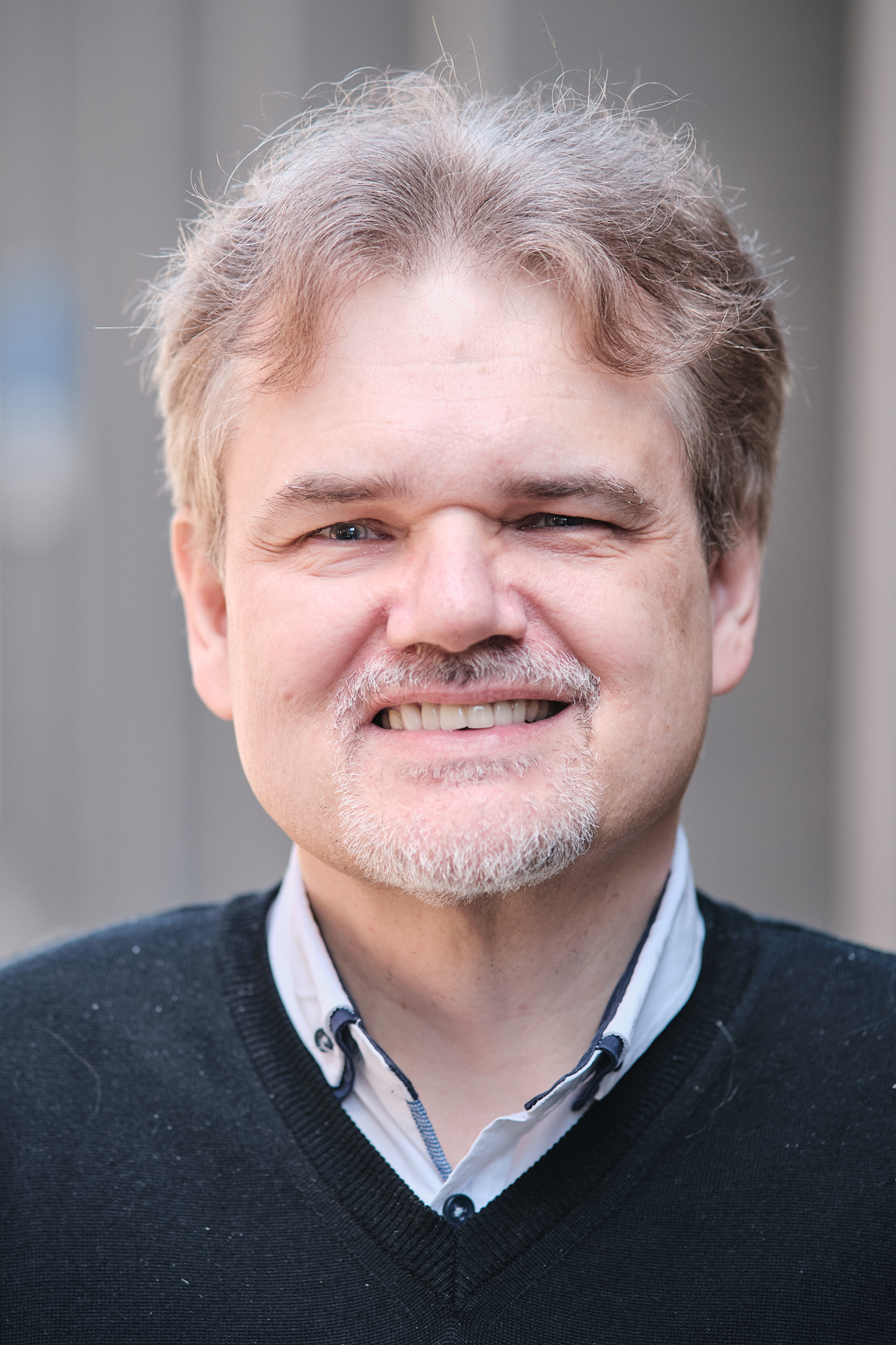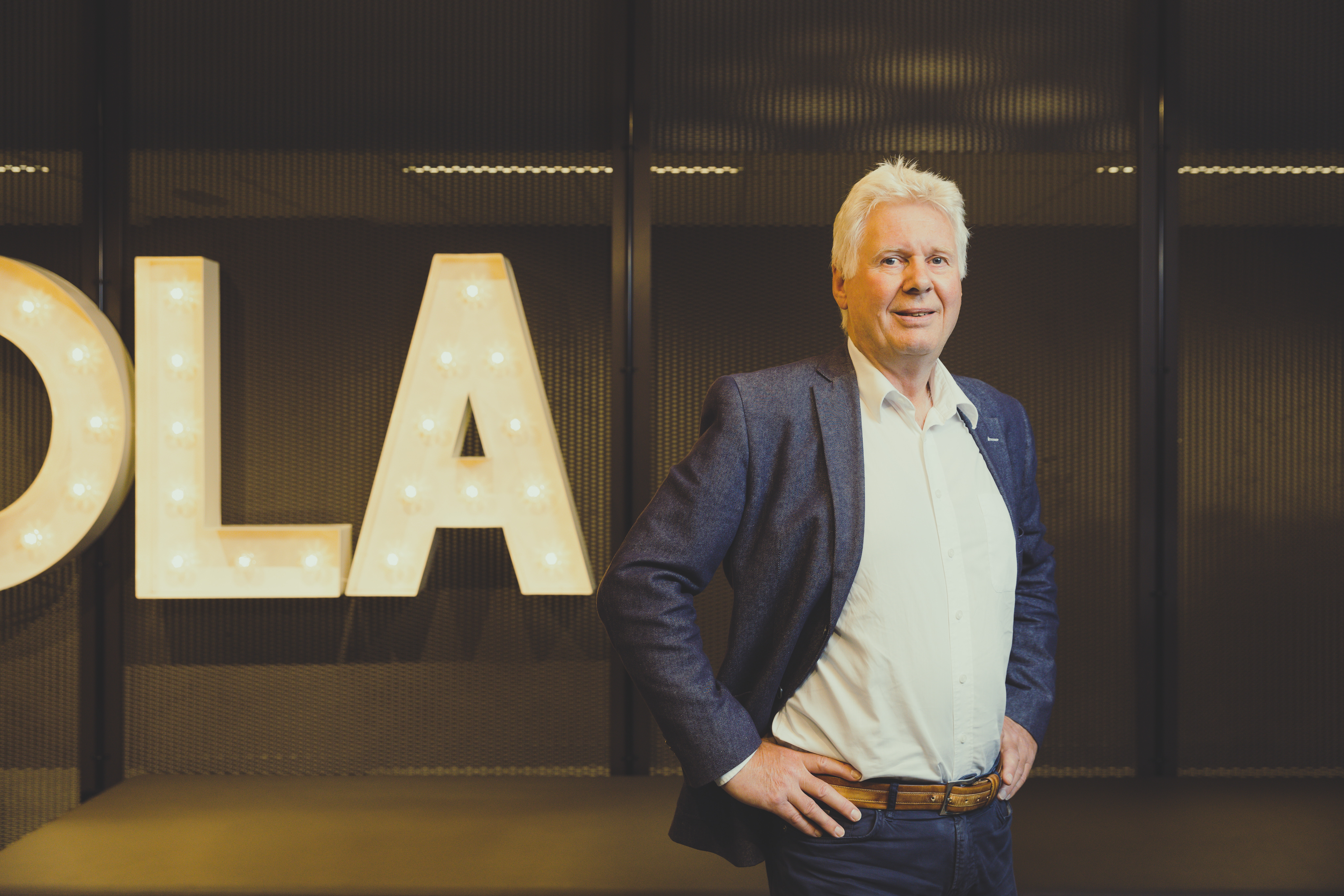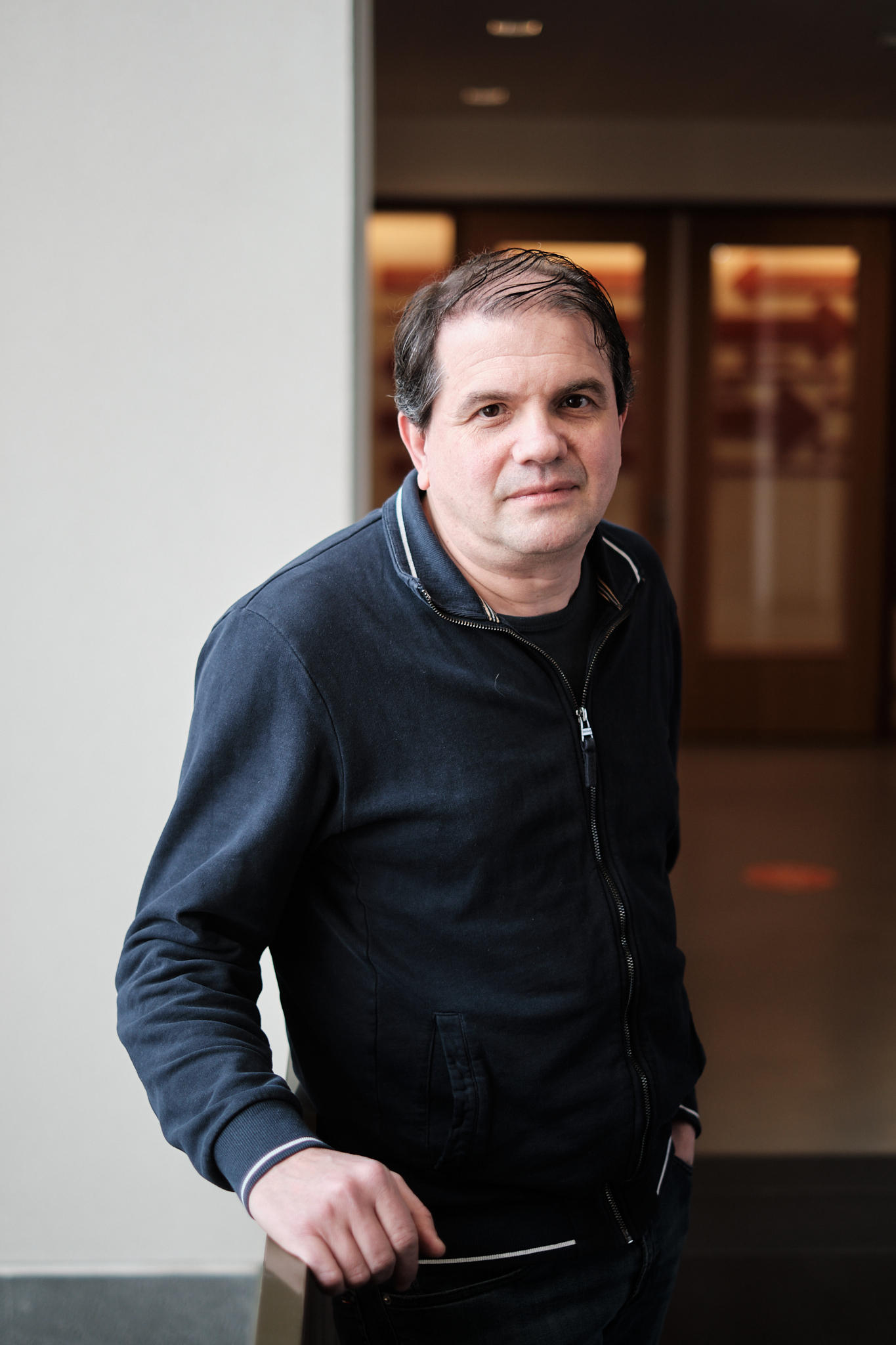Contribution to society | Fred Zijlstra
On 8 June, Professor Fred Zijlstra will bid farewell to the Faculty of Psychology and Neuroscience and his Chair in Work and Organisational Psychology. In his farewell address, he will look back on the work that has fascinated him for so long. We met him in his office to get a preview of this retrospective.
Work and Organisational Psychology
"I come from the North of the country. I am a Fries. I did my psychology studies in Groningen, where I also immediately specialised in Work and Organisational Psychology. You had to take an introductory class from all kinds of disciplines, and this one clearly stood out." In the wake of his graduation, Zijlstra encountered the Themagroep Noord-Nederland (North Netherlands Theme Group), a group of researchers doing research for employees. "They were doing research with a component of awareness. There was a political swing to the left at this time. There was a lot of research about what should we pay people who work shifts. But in Groningen, they thought: we should also communicate the findings that working shifts has many adverse effects on employees. An unusual sleep schedule, lack of social life, effects on the family, you name it." This research group set out to get a better picture of the employees' situation, and what impact work has on their lives. "By including these aspects in the research, you get very different outcomes."
A direct effect
"I found it interesting that through science you could have a direct effect on society. I saw in my own environment that employees were not always treated pleasantly by their managers. It appealed to me that in this way I could contribute to the class struggle, to use an old Marxist term."
The first study Zijlstra contributed to focused on bus drivers. In that sector there was a lot of sick leave and job dissatisfaction. The question was: why is that? The work began by dissecting the job, looking at the conditions and bringing out the stressful factors. "The conclusion was: that's quite a tough job. It seems very simple, you have to drive that bus from A to B. But you have to make sure you leave on time, if you're late you get a lot of whining. You have to safely make your way through traffic, you have to help everyone and speak to them kindly, you have to be careful not to leave until people are seated, otherwise you’ve got people rolling through the bus. We call that task conflicts". A simple task: drive the bus, has many aspects that make the job stressful. "If they did all their tasks well while driving, they would structurally arrive late at the terminus and they would miss out on their breaks." All those factors are then reviewed by the work psychologist and the findings shared with managers and the works council. "Our work then made sure the drivers had better conditions."
Research and teaching
After a period of working in Groningen and Delft, Zijlstra decided to work full-time in Delft. "I taught engineering students at TU Delft. I did that full-time for about three years. And after that, I went to Tilburg as an assistant professor". After some time in Tilburg, Zijlstra received an offer from the UK to work there as professor. "After much deliberation and a visit to the university, I decided to accept the offer and my wife and I left for England. It was challenging, you have no network there, you have to rebuild everything from scratch. That also made it interesting".
"In England, I worked on a European project for five years. When that came to an end, I started thinking about what would be my next challenge. At that time, I received an email from Maastricht, from the (then) dean of FPN, Gerjo Kok. The Faculty Board had thought that the education programme needed to be expanded, and wanted a new master's programme and research group in the field of work and organisational psychology, whether I wanted to be part of this. That request fell on fertile ground and I came here in 2006".
Sustainable employability and inclusivity
The focus of Zijlstra's work at the Faculty of Psychology and Neuroscience is mainly on sustainable employability and inclusivity.
"Work has become increasingly complex and intensive in recent years. This may be one of the reasons why we see a sharp increase in people receiving Wajong benefits. That issue is at the origin of CIAO". The Centre of Expertise for Inclusive Organisations (Centrum Inclusieve Arbeidsorganisatie CIAO) is an institute that Zijlstra and his team set up in collaboration with UWV. CIAO is a platform for everyone professionally committed to promoting the sustainable labour participation of employees and jobseekers and, in particular, of people who are unable to participate independently in the current labour market.
"What do you do about people who cannot participate independently. The classic solution has always been to give them extra help. But sometimes it is impossible to get people ready for that increasingly complex work. What you can do is adapt the work and make it simpler. We started in 2007 to investigate whether this actually works. We got permission to test this at the Slotervaart Hospital in Amsterdam, where they were facing a staff shortage, like everywhere else in healthcare." It turned out to work well, staff were satisfied and the quality of care remained good.
Farewell to the university
The date of Professor Zijlstra's parting lecture is approaching, on 8 June at four o'clock he will officially bid farewell to Maastricht University. "At some point it is time to step down. I have built great things here and I now feel I can leave them in good hands. I have every confidence in my successors. It is also the case that I am not leaving right away. I still supervise a few PhD students whose projects I want to complete and there are still a few ZonMW projects I would like to finish. I will also remain director of CIAO for a while".
What life looks like after an academic career remains to be seen. "I enjoy making laps on my road bike and going sailing. There are many things ahead, but I am already looking forward to the time when the pressure will ease. Working life at university has a fast pace and has also become more intense in the last 10-15 years. I am definitely going to stay busy, but perhaps at a slower pace".
On 8 June, Zijlstra looks back on his career and what were the highlights in it. "The things I like to look back on and am proud of, have one thing in common: relevance and impact on society. It is now written into law that the knowledge and methodology we developed within CIAO must be deployed everywhere in the Netherlands. That is what it is all about, contributing to society".
Professor Zijlstra's farewell address will take place on 8 June, 4pm in the Aula at Minderbroedersberg 4-6.
Also read
-
FPN’s prof. dr. Rainer Goebel has been awarded an ERC Advanced Grant of € 2,5M for his research project Reading the Mind’s Eye: AI inspired personalised brain models of mental imagery. Goebel is among 255 researchers (out of 1829 applications in all domains) in Europe to receive the grant, and he is...
-
Professor Fred Zijlstra is set to retire in May. How does he look back on his career? What is his take on current developments in the field of work and organisational psychology? And how can we, as a society, best organise work—now and in the future?
-
Elia Formisano, professor of Neural Signal Analysis at the Faculty of Psychology and Neuroscience recently published a paper in Nature Neuroscience in collaboration with Bruno Giordano at Université Aix-Marseille, France and Michele Esposito, Giancarlo Valente. The title of the paper is Intermediate...



